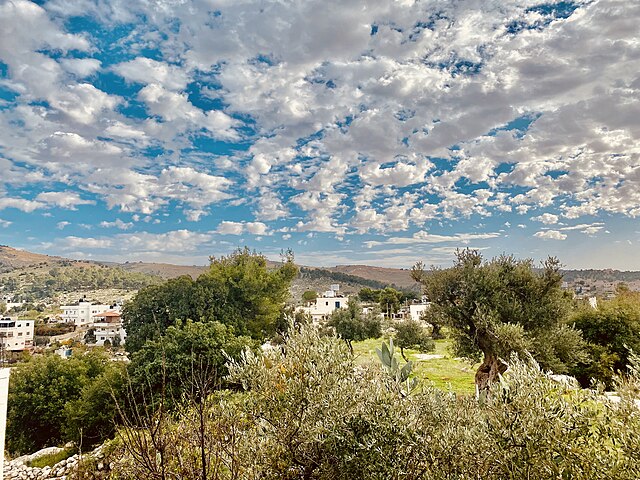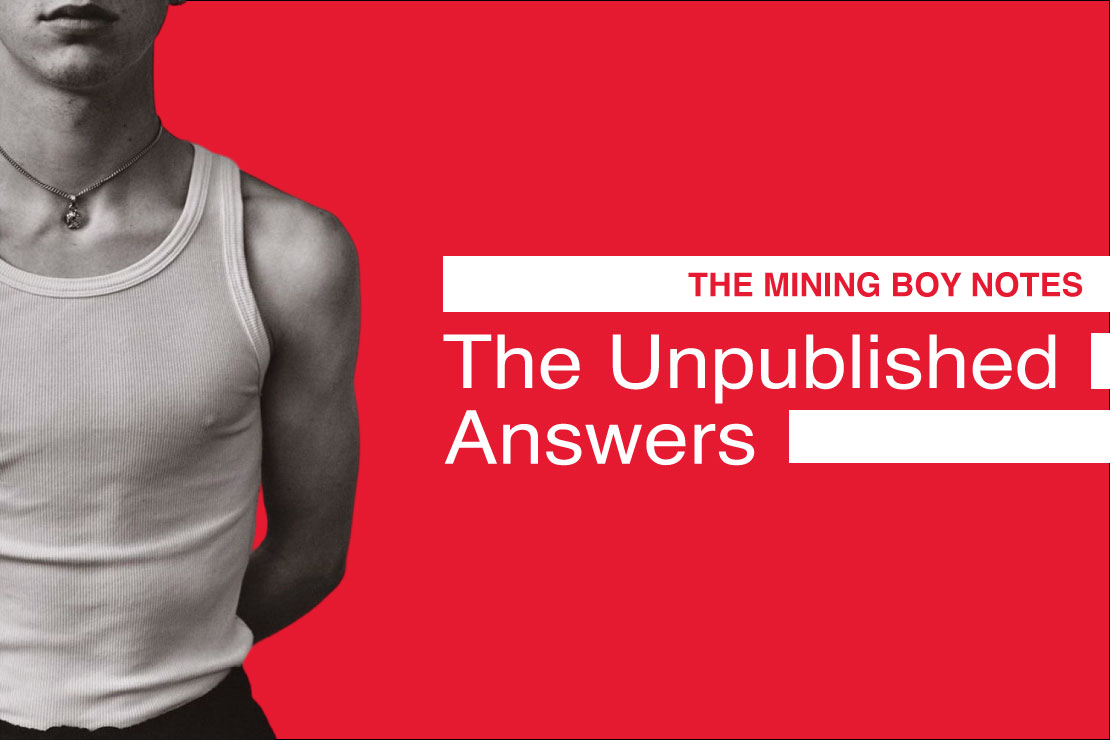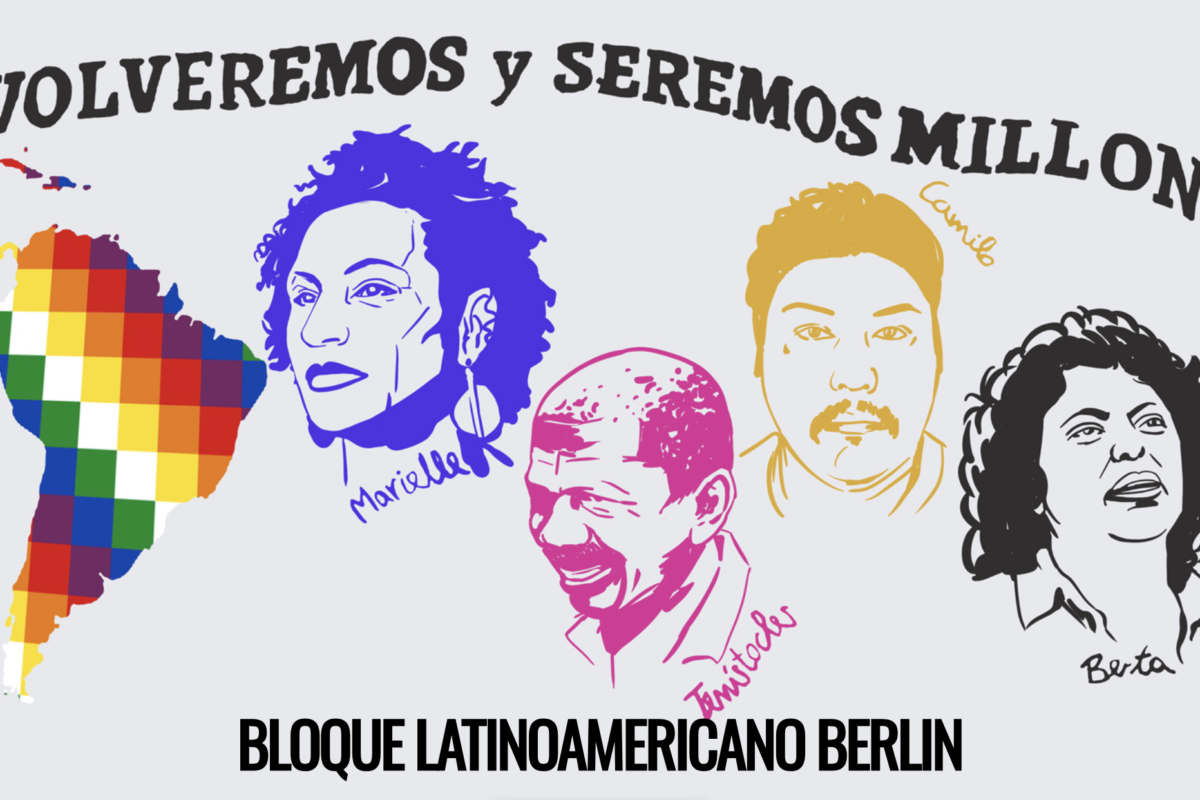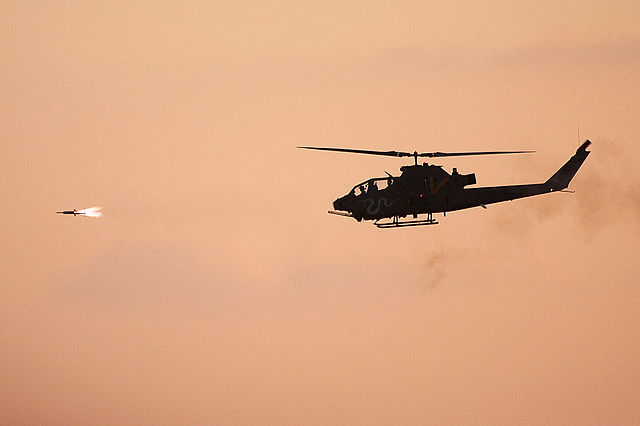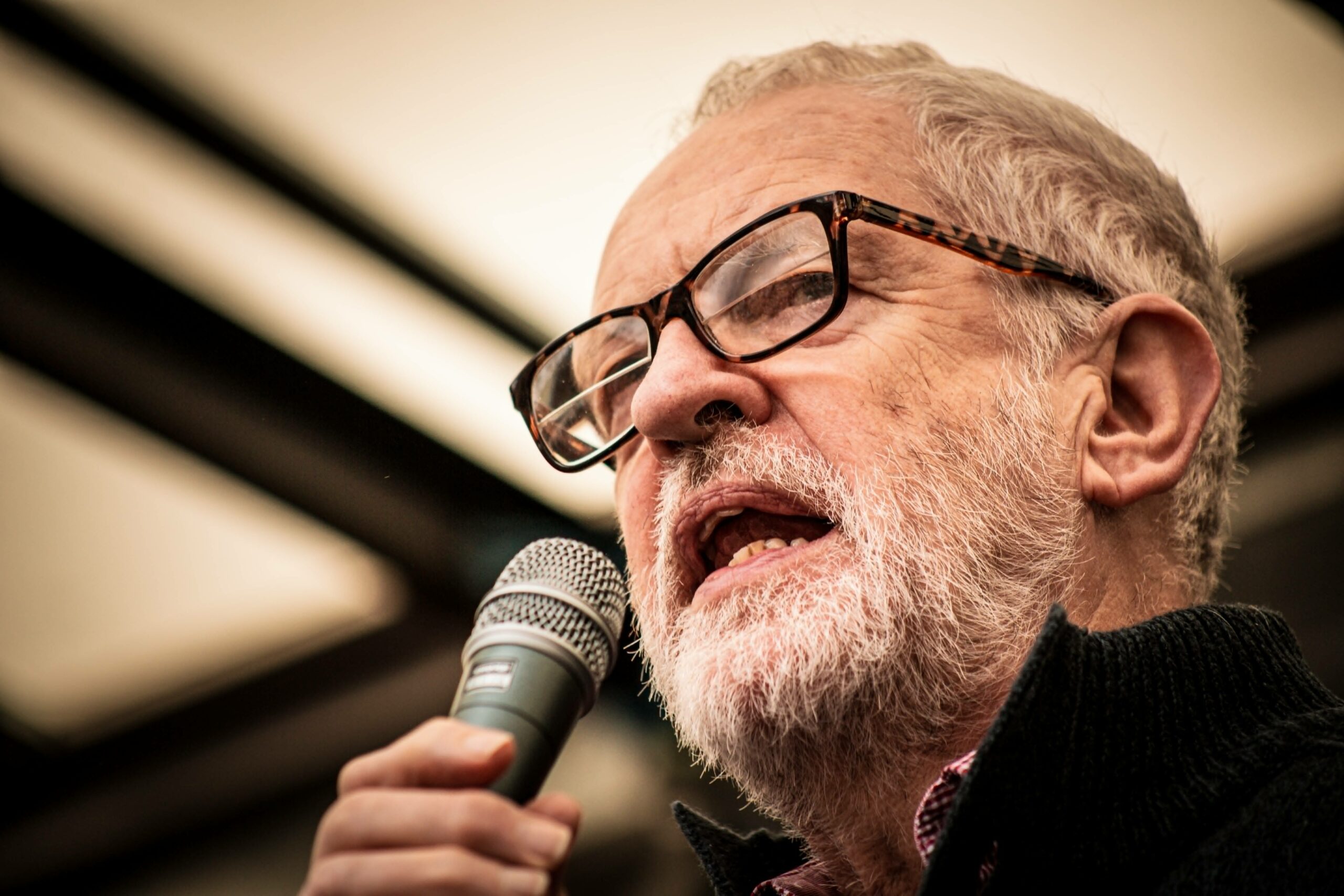This manifesto is from the Bloque Latinoamericano, which has been translated by theleftberlin team. We will be publishing it in three parts – this is part 1.
Introduction
Our organization has changed over time, based on the needs, wishes and experiences of its active members in relation to the social context in which we live. These needs arise from the double anchoring of the Bloque Latinoamericano as part of a bridge of historical and political connections between the territory from which most of us come or to which we are politically and/or emotionally connected, Latin America, and the territory in which we currently live, Berlin.
This process of collective construction has led us to to reflect and make decisions regarding our organizational structure and decisions, as well as in terms of how we can advance the political goals we have set ourselves. We accept these transformations as something necessary, because we as a collective are a living organism, in constant movement, and can change our structure if necessary.
This gave rise to the need to systematize our organizational experiences in a document that would convey the changes, assurances, commonalities, routes of struggle and analyses that move us. A document that helps to understand our current process, both retrospectively and with a view to the future.
The purpose of this document is to explain where we come from, what we do and what we, in the framework of our political goals, seek in order to achieve a profound and revolutionary transformation of society, the society in which we live and which lives within us. This document allows us to look at the traces of the journey we have traveled. It allows us to understand the process that we have have gone through in almost five years of collective life, thanks to the many comrades who have contributed their perspectives, their passion, their ideas and their work to our organization and continue to do so.
How we came to be the organisation we are
The Bloque Latinoamericano was born in November 2018 as an alliance space between collectives and individuals linked to the political processes of different territories of Latin America-Abya Yala. It emerged from the need to develop a policy of active solidarity with our territories and to organize the resistance of migrants in Germany in the face of the advance of the right on both sides of the ocean.
Over the course of time, we developed our own political goals and defined tasks to achieve these goals, which led to a change in dynamics, toward practices common to a collective. We therefore decided to focus our efforts on two fundamental axes: migrant self-organization and solidarity as well as political work with Latin America-Abya Yala, with trans-feminism and anti-racism as the overarching perspectives of all of our political work. The context of the pandemic was an opportunity to, more than ever, open up and politicize the discussion about collective care in political work, which became another central axis for the development of our collective.
Today we define ourselves as a political organization in which we, the members, share political goals and are joined together in tackling political practice in a way that’s common to all of us. As we recognize that many of our goals, especially the short-term ones, are shared by other organizations, we actively participate in networks and alliances and help to build them. In order to make our demands visible, we take part in campaigns, which we see as important tools for political struggles in various areas of society. Through our political practice, we have understood that these three levels complement each other and are necessary for social change. Without organization, the networks, alliances and campaigns that we can build have no body to give them continuity over time. It is political organization that provides us with the tools to build networks and alliances with those who think differently from us, and more importantly, to mutualize the tools for even more effective and more powerful campaigns.
Important concepts to understand this document
Although we make an effort to use language that is as simple as possible and to remind ourselves how we spoke and thought before we started moving in political spaces, we are aware that this text uses some political concepts that may not be understood by everyone in the same way. This is due to the fact that this text connects diverse social experiences from different Latin American countries with the language and political traditions of Germany, which also enrich us as a collective.
For this reason, in the following paragraphs we briefly clarify what we mean when we use some specific terms. Because we also believe that it is part of our political task as a political tradition. We believe that all of these terms can be transformed. Even if they serve us today as a magnifying glass with which we view our present, they can be transformed or discarded at any point in time, according to our needs.
In this document we talk about the construction of people’s power. This concept, which is widespread in the Latin American social movements, is hardly mentioned in the perspectives of the left in Germany. The building of people’s power means organizing from below, starting from the oppressed who, through their prevailing normal state can succeed in break through mobilization, that creates spaces of their own power that are autonomous and subversive to the dominant social order. Countervailing power consists of transforming the places of life (of work, study, recreation) into an alternative social power; into spaces that allow us a glimpse into other forms of the organization of society. This power can be local, communal or regional, until it manages to become a second territorially anchored power at the national level, which questions the legitimacy and monopoly of the state itself.
People’s power presupposes a political subject: the people (el pueblo). For us, el pueblo is the collective identity that makes so much sense in Latin America when it comes to talking about a of a political subject of transformation. The idea of el pueblo unites all the people who suffer at different levels under the violence of this imperialist system. We are all part of the people – all of us who experience this violence and who, through this identity, seek a response of solidarity based on love for others and the possibility of building an alternative society.
In the following pages, the concept of imperialism plays an important role. If one speaks of imperialism from the perspective of Latin American territories, it is not an academic discussion, as is the case for many people in Europe. We have experienced imperialist policies on our territories in Latin America during all the genocidal coups d’état of the 1970s, during which the US government used Plan Condor to kill an entire generation of people who were fighting for the construction of socialism, and thus turned our continent into a neoliberal laboratory. The imperialist policy is also present in the economic economic and political blockade of Cuba that has existed for more than 60 years. And it was also evident in the attempted coups d’état in Venezuela in 2002 and in Bolivia in 2019, which were supported and promoted by organizations such as the Organization of American States (OAS). This imperialist system has centers, i.e. countries where the extractive wealth, generated by their sponsored policies, is accumulated, and peripheries, which have a strong economic dependence on these central countries. A clear example of this dependence is the foreign public debt, which is almost always illegitimate and in some cases even illegal.
We use the double term Latin America-Abya Yala. The term Abya Yala refers to the name that was used for the area we now call Latin America before its colonization. We believe that the reuse of this term is also an attempt to recognize ourselves in a history of resistance against the workings of colonization.
We see ourselves as a collective that combines different elements of organization from political, social and common interest groups. When we say that we are a political organization, we mean that we are a collective that sets itself long-term and short-term political goals in order to change reality. This means projecting ourselves into the future and building an organization that is able to integrate the experiences of different generations, struggles and movements. When we speak of common interest organizations, we mean, for example, trade unions or student centers. That means, organizations that fight against economic or institutional actors for the improvement of the conditions that affect their members in a particular area of life such as work, study or, in our case, migration. When we talk about social organization, we rely on the concept of the social movement, which is used in Latin America to refer to organizational processes that take place in resistance to neoliberalism, in struggles for access to education, housing, work or culture. The movements are often characterized by the fact that they identify with their expropriation (landlessness, unemployment, homelessness) or the threat to the logic of communal life (community movements, assemblies) and emerge in the geographical or social peripheries and penetrate the centers. The precise way in which these different elements are combined is an open question to which we will find answers through political praxis, i.e. through the combination of practice to transform reality in our context and of reflection on that very practice.
The first chapter of this document contains our political-ideological perspectives. This designation combines two elements that although different, work together in our daily practice. By political practice we mean a concrete debate that attempts to change reality. Ideology has to do with the paradigms that guide us. They are the lenses through which we read reality in order to work on the construction of a new system, a system based on new values and desires within the framework of a project of a world without oppressors and oppressed. Within the political ideological practice, we identify tactical elements that aim to achieve an immediate goal and strategic elements aimed at achieving long-term goals.
In this text, we will use the terms political activism and militancy as synonyms. While in some contexts the word militancy refers exclusively to the willingness to use violence in political struggle, in other contexts it is a generic term that encompasses political activism. In this text we use the term in this second sense.
We have decided to use non-binary language throughout the text. This means that we amend words that presuppose the gender identity of a person so that this is no longer the case. We do not believe neither that the construction of a male ‘we’ in this patriarchal society includes women and others, nor that a generalized feminine includes identities that feel outside the gender binary. For this reason, and because language also has the power to change reality, we believe it is important to neutralize gender in our linguistic practice.
About our internal operating principles
In this chapter, we describe the internal dynamics, or the organic life, of our collective. The following sections condense our understanding of the tools we have had to acquire in order to create an organization that provides space for diversity in ideological positions and perspectives but achieves unity in action and facilitates reflection on our own practice and the human relationships we build around them. These are imperfect tools that are constantly being revised.
Decision making
In the Bloque Latinoamericano there are various spaces in which decisions are made: The plenums for evaluation and projection, the monthly meetings and the meetings of the working groups.
The plenums take place once or twice a year and serve to evaluate the work performed and the (re)definition of the organization’s strategic objectives as well as the projection of specific goals and lines of work for the next period. The meetings take place once a month and discuss topics that affect the organization as a whole. These may arise from the political situation or from the work of the working groups. The meetings have a consultative character and decide on the the routes that the organization should take with regard to the the topics discussed. This space is reserved for reserved for political discussions. An attempt is made to keep organizational or operational debates to a minimum.
The working groups implement the political goals defined in the plenums and assemblies and have relative autonomy to make decisions about their specific work and address issues arising from their interventions in grassroots movements or in processes of processes of political struggle and mobilization.
During the debates in the three decision-making bodies we endeavor to reach a consensus, giving all participants the time they need to understand the discussions and participate. If a consensus is not possible, we make decisions by majority vote. We are of the opinion that this is the most democratic way to, on one hand, avoid giving individuals the power of veto and, on the other hand, to ensure that minority positions are aired and taken into account when evaluating the decisions made. Debates can be resumed in any of the instances if it is believed that more time is needed for the discussion.
Criticism and self-criticism as tools of reflection
We fundamentally assume that growth comes from criticism. This can apply to ourselves, to our projects, to our comrades, and to the organization of which we are a part. In order to be an instructive tool, we believe it is fundamental that critique is practiced in organic spaces of the collective and not in informal spaces. It is important to understand that a critique of an action of the Bloque, no matter from which comrade it came, is ultimately a critique of ourselves. In this way, criticism is depersonalized and becomes a political tool to improve our collective practice.
Sometimes it becomes necessary to practice critique of certain comrades. Explicit criticism is always better than rumors, intrigues, and comments made behind their backs. In this case, we try to keep in mind that the mistakes that comrades make in their political actions are made with the intention of working on improving our collective. It is likely that the more criticism we receive the the more we do. This can sometimes be a sign of personal and collective growth. But even taking on tasks cannot be a justification for not wanting to review our ways and behaviors, if they have caused our comrades to criticize us.
For criticism to be constructive, it must be accompanied by a suggestive proposition. This means that, as much as possible, an attempt should be made to formulate alternatives to improve what is being criticized. It is desirable that this proposal is collectively formulated and a debate about how we can become better arises, and not simply that the criticized behavior is simply dismissed or completely devalued.
It is important to engage with criticism of the Bloque from people or groups outside of it, even if we do not agree with it. This means that we must take the time to reflect on it and identify the relevant elements contained in this criticism, address them and work to incorporate them into our effors for transformation. In this way, we transform any criticism from the outside, whether constructive or destructive, into an opportunity to develop further.
Collective care and conflict resolution
The creation of spaces in which we feel comfortable and in which there is affection is part of our transformational horizon for society. Even if it is not possible to create spaces that are completely safe in the sense that they are free from all violence, our obligation is to make all spaces in the Bloque as safe as possible and, above all, to equip ourselves with tools to eliminate all forms of violence that we reproduce step by step.
In this way, we want to build the society that we are fighting for in the here and now.
The Bloque Latinoamericano has a group and a guide for collective care and conflict resolution, in which the aim is to support comrades who need it in the search for a solution to a conflict that cannot be addressed or resolved between the people involved. The aim of the group is to mediate, intervene and create spaces to resolve conflicts that may arise between comrades.
In addition to the actions of the group, we collectively reflect on the ways in which emotions permeate our political practice, and we try, through political education and reflection on our practice to identify and eliminate the forms of violence that we reproduce. Every member of the Bloque Latinoamericano must have a deep commitment to the fight against transphobia, misogyny, racism and classism.
We do not envision a society without problems and conflicts, but we envision a society in which there are more and more tools that enable us to forge bonds of solidarity and understanding. That is the goal we are working towards.
The process for participating in the Bloque Latinoamericano
Our collective has an open structure, i.e., all those who agree with the with the political goals and working methods of the Bloque can join. The process for participating in takes place gradually, as we are a multi-level structure that one has to get to know and understand bit by bit. The first way in which everyone who is interested in our collective can participate is attending into our grassroot groups or the open meetings of the working groups. These take place regularly and everyone is welcome. Participation in internal group meetings and assemblies is intended for those who are involved in working on the political goals of the organization and are interested in contributing to maintaining its structure by taking on internal tasks.
At regular intervals, we organize events where interested people have the opportunity to to get to know us, to learn how the Bloque Latinoamericano came about, what it does and how one can join. The character of these meetings can be different (it can be an informational event, painting banners together or a picnic), the important thing is that we create spaces to get to know each other and exchange ideas. Other than that, we also see it as the task of all those who have been in the collective for a while to accompany the newcomers. We know that entering into a new space can cause doubt and confusion, and we consider it fundamental to build up empathy and understanding.
